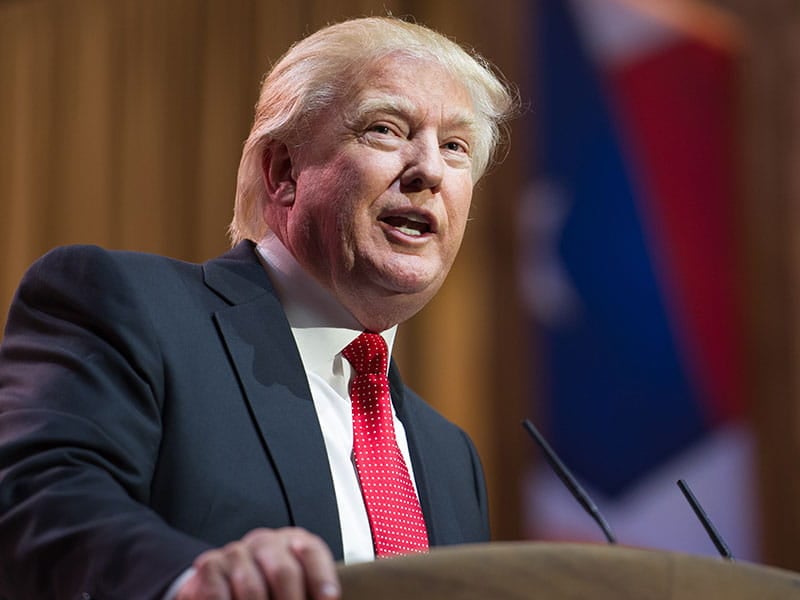Public attitudes about religion have "changed considerably and progressively" in recent years, Lieberman said. Today, he continued, "millions of Americans want religion to play a bigger role in our society" and yet they "embrace an increasingly inclusive vision of faith," in which religions and denominations tolerate each other and advance their views with moderation.
Lieberman said his own experience running for vice president was instructive. Though there were widespread expectations of an anti-Jewish backlash against the Democratic ticket, he experienced "not one whit of anti-Semitism" and received broad backing from active Christians. "People would come up to me at campaign stops and say, 'We Catholics are for you' or 'We Southern Baptists are for you,'" Lieberman noted.
Lieberman said that the wall between church and state had "grown to such mythological proportions that some Americans believe it is not just inappropriate but unconstitutional for a public official or clergymen to praise the Lord in public." He rejected this view, saying that the country's Framers were religious and viewed the First Amendment, which includes the church-and-state clause, as a "blessing from God" that was intended to allow free range of religious expression, not to stifle it. He called for "lessening the legal hostility toward voluntary religious expression in public." Most recent Supreme Court decisions have tended to loosen such rules.
As evidence of simultaneous public desire for more faith in public life while avoiding denominational strife, Lieberman cites polls by Public Agenda, founded by the pollster Daniel Yankelovitch, which show that although nearly three-quarters of Americans think school prayer would be beneficial, most also acknowledge that prayer can offend nonbelievers and therefore back moment-of-silence laws as a middle-ground compromise.
Lieberman proclaimed support for Bush's proposed extension of federal funding to faith-based social-service organizations, but cautioned--in a bad pun--that "the devil is in the details." He noted that while voters may assume the funding would go only to mainstream faiths, community-service operations run by Hare Krishnas, the Nation of Islam, Scientology, and the Unification Church (run by the Rev. Sun Myung Moon) may qualify, and that once deciding to support faith-related work, government would be hard-pressed to come up with any grounds on which to fund only the mainstream.
Proposals for the Bush initiative would further enlarge the Title VII exemption to allow community-service organizations with religious affiliations to discriminate based on "teaching and tenets," a much wider definition. If enacted, such a waiver would mean that publicly financed faith-based organizations could refuse to hire homosexuals, single mothers, or, essentially, anyone whom they declared did not follow their "teaching" regarding life. The result, Lieberman said, could be federally funded workplaces that are allowed to discriminate in ways that wholly private businesses are not. Lieberman said he was disturbed by this conundrum and knew of no solution to it.
Lieberman's speech was to mark the establishment of the Pew Forum on Religion and Public Life, a new think tank that will operate under the auspices of Georgetown University in Washington. The Forum, which will analyze the overlap between faith and the public square, is funded by the Pew Charitable Trusts, a Philadelphia philanthropy whose endowment was originally established by Christian evangelicals and which is today the most prominent liberal pro-religious organization in the foundation world.

